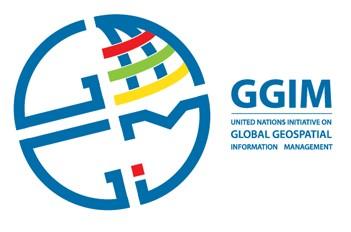The United Nations initiative on Global Geospatial Information Management (UN-GGIM)

Aims and Objectives
The United Nations initiative on Global Geospatial Information Management (UN-GGIM) aims at playing a leading role in setting the agenda for the development of global geospatial information and to promote its use to address key global challenges. It provides a forum to liaise and coordinate among Member States, and between Member States and international organizations.
Creation of the United Nations Committee of Experts
At its substantive session in July 2011, ECOSOC considered the report of the Secretary General (E/2011/89) and adopted a resolution to create the United Nations Committee of Experts on Global Geospatial Information Management (2011/24).
From 24 - 26 October 2011, the First High Level Forum on Global Geospatial Information Management, and the First Session of the United Nations Committee of Experts were held in Seoul, Republic of Korea. This was the first time that experts from 90 countries met in the context of a United Nations initiative to enhance global cooperation in the field of geospatial information management. The Forum concluded with the acceptance of the Seoul Declaration on Global Geospatial Information Management (GGIM).
Some UN-GGIM Areas of Work
The priorities and work programmes of the Committee of Experts are driven by Member States. The Committee of Experts is mandated, among other tasks, to provide a platform for the development of effective strategies on how to build and strengthen national capacity on geospatial information, as well as disseminating best practices and experiences of national, regional and international bodies on geospatial information related to legal instruments, management models and technical standards.
- Development of the global geodetic reference frame
- Development of a global map for sustainable development
- Geospatial information supporting Sustainable Development and the post 2015 development agenda
- Adoption and implementation of standards by the global geospatial information community
- Development of a knowledge base for geospatial information
- Identification of trends in national institutional arrangements in geospatial information management
- Integrating geospatial statistics and other information
- Legal and policy frameworks, including critical issues related to authoritative data
- Development of shared statement of principles on the management of geospatial information
- Determining fundamental data sets
Other Decisions
- ECOSOC - Resolution 2010/240 entitled Global geographic information management
- UNRCC-AP - Resolution VII: Global geographic information management
- UN STATCOM - Statistical Commission decision 41/110: Global geographic information management
- 2010 UN STATCOM - Discussion paper on Global Geospatial Information Management
- 2011 UN STATCOM - Report on Global Geospatial Information Management
- CODIST resolution on GGIM
- ISO/TC 211 resolutions on GGIM


